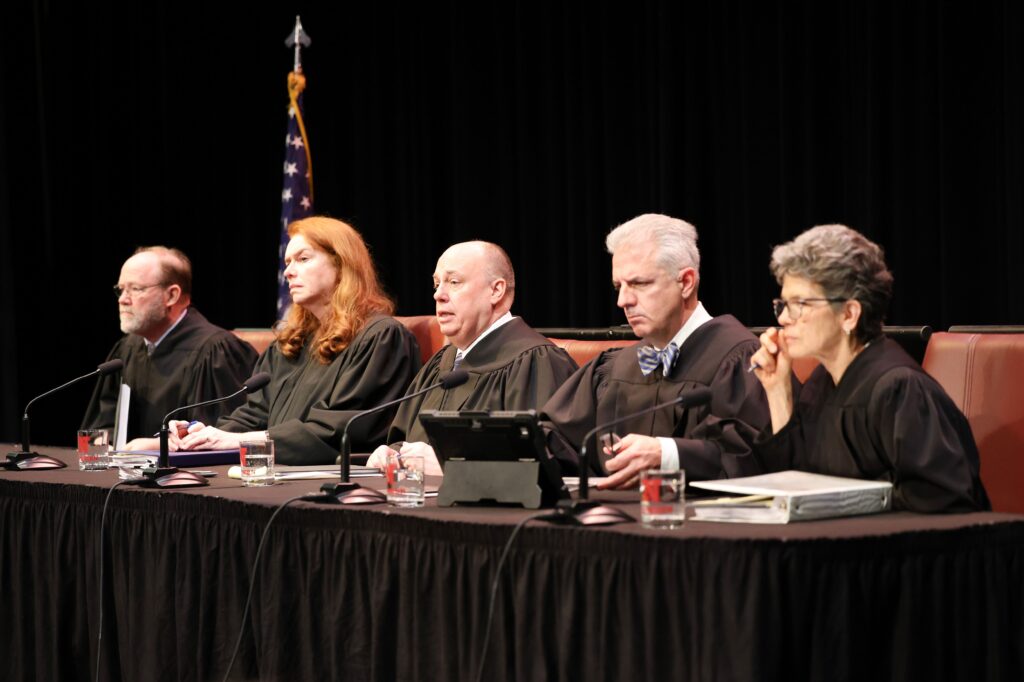Court ruling complicates carbon pipeline company’s push for land
August 23rd, 2024 by Ric Hanson
(Pierre, South Dakota) – The company trying to build a carbon-capture pipeline through multiple states, including Iowa, has not yet proven it should be allowed to take private land for public use, according to a South Dakota Supreme Court ruling issued Thursday. The South Dakota Searchlight, in conjunction with the Iowa Capital Dispatch, says landowners who oppose the project hailed the decision as a victory, but the company expressed confidence it could go back to lower courts and prove its case.
Summit Carbon Solutions, of Iowa, is developing an $8 billion pipeline project. It would capture carbon dioxide produced by 57 ethanol plants in multiple states and transport it to an underground storage site in North Dakota. The company hopes to capitalize on federal tax credits incentivizing the removal of heat-trapping carbon from the atmosphere.
The pipeline would pass through 18 counties in eastern South Dakota. Some landowners along the route sued to stop the company from conducting land surveys. Summit says the surveys are justified because the company qualifies as a common carrier, and common carriers are allowed to use eminent domain.
The state Supreme Court ruled Summit had not yet proven to lower courts that it’s “holding itself out to the general public as transporting a commodity for hire.” The Supreme Court sent the matter back to South Dakota’s lower courts for further proceedings, adding that the Supreme Court justices “make no judgment as to SCS’s ultimate common carrier status.”

Members of the South Dakota Supreme Court hear oral arguments on March 19, 2024, in Aberdeen on a carbon pipeline case. From left are Justices Scott Myren, Janine Kern, Steven Jensen and Mark Salter. Judge Jane Wipf Pfeifle, at right, sat in for Justice Patricia DeVaney, who disqualified herself from the case. (Photo by Dave Bordewyk/South Dakota NewsMedia Association)
Summit spokesperson Sabrina Zenor said in a statement that the company is confident it can provide additional information to lower courts proving its project qualifies as a common carrier. Meanwhile, attorney Brian Jorde, representing more than 1,000 landowners affected by the project, told South Dakota Searchlight the ruling validated what he and his clients have argued for three years.
The project has approval from the Iowa Utilities Board, but that approval is conditioned on Summit gaining permits in North Dakota and South Dakota, which have not been granted. Jorde said the South Dakota Supreme Court decision means Summit is now “in a real bind.”




